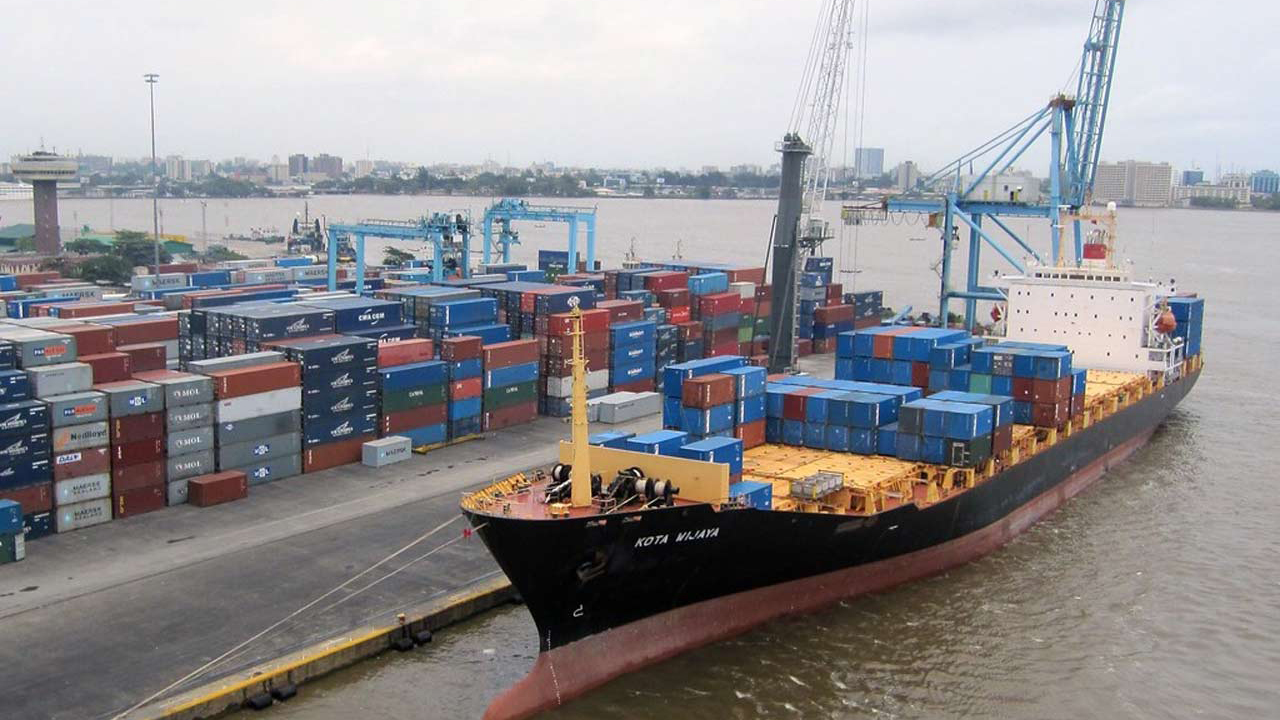In a strategic move to strengthen Nigeria’s position as a leader in Africa’s economic integration, the Federal Ministry of Industry, Trade and Investment, in collaboration with the United Nations Development Programme (UNDP), yesterday, launched the Africa Continental Free Trade Area (AfCFTA) Goods Market Intelligence Tool for Eastern and Southern African markets.
The Minister of Industry, Trade and Investment, Dr Jumoke Oduwole, also highlighted the formal partnership between Uganda Airlines and Nigerian business groups. These initiatives, she said, will accelerate Nigeria’s export diversification and strengthen its participation in AfCFTA.
She reiterated Nigeria’s ambition to dominate intra-African trade, targeting sectors where the country has untapped potential. “The launch of the market intelligence tool and this partnership signal our readiness to lead Africa’s economic transformation, removing trade barriers and unlocking access to the $3.4 trillion African market.
The Market Intelligence Tool is designed to provide Nigerian businesses, particularly women-led MSMEs with actionable insights to penetrate and compete in key African markets. The tool provides sector-specific data, regulatory requirements and trade trends, targeting high-potential sectors such as agriculture, cosmetics, and textiles.
Oduwole described the initiative as a ‘signal that Nigeria is serious about trade,’ and highlighted the government’s commitment to a diversified, industrialised economy. “We are not just launching a tool but embracing a vision where Nigeria’s products compete confidently on shelves across Africa,” she said.
She emphasised that the newly launched tool will enable exporters to make informed decisions, while the air cargo corridor with Uganda Airlines will reduce delivery times, cut logistics costs, and enhance Nigeria’s regional competitiveness.
She noted that the air cargo corridor will connect Nigerian businesses and manufacturers with key destinations in Eastern and Southern Africa, offering Nigerian exporters access to scheduled flights, subsidised freight rates and guaranteed delivery timelines.
According to the United Nations Economic Commission for Africa, AfCFTA could increase intra-African trade by over 52 per cent by 2030. She said Nigeria aimed to capture a significant share of this growth, leveraging its large market, talent and strategic initiatives.
“The success of this initiative will not be measured by applause, but by increased exports, businesses expanded, jobs created, and lives transformed,” she said.






